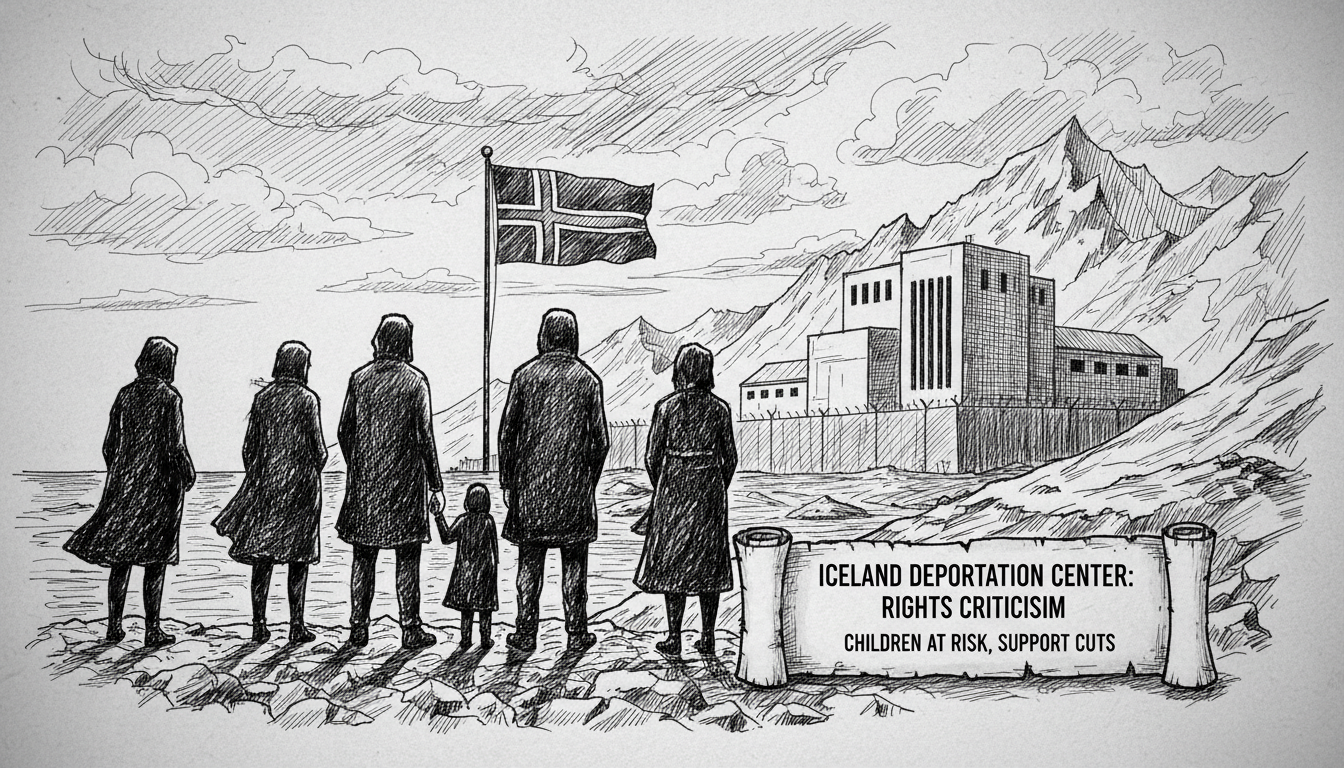Iceland's Proposed Deportation Center Draws Rights Criticism
Iceland faces human rights criticism over plans for a new deportation center. Six major organizations oppose the facility, citing concerns about child detention and reduced support for violence victims. The proposal marks a significant policy shift for the Nordic nation.

Multiple human rights organizations strongly criticize Iceland's draft bill for a new deportation facility. The proposal would create a departure center on the Reykjanes Peninsula. This center would detain individuals whose residency applications were rejected. The goal is to ensure these people leave the country.
Six major organizations submitted formal responses to the bill. They include the Icelandic Human Rights Centre, Children's Protection Agency, and several women's shelters. Their concerns focus on child detention and reduced support for violence victims.
Justice Minister Þorbjörg Sigríðar Gunnlaugsdóttir introduced the legislation. She noted Iceland remains the only Schengen country without a dedicated departure facility. Currently, rejected asylum seekers sometimes stay in regular prisons.
The draft bill identifies certain groups as vulnerable individuals. These include trafficking victims and people who suffered physical or sexual violence. Officials would screen all arrivals before deciding their next steps. Screening involves identification, background checks, and health assessments.
Why does this matter for international observers? Iceland has traditionally positioned itself as a human rights leader. This proposed facility represents a significant policy shift toward stricter immigration control. The government argues it needs tools to enforce deportation orders effectively.
Critics say the center resembles a prison too closely. They question hiring prison guards for deportation facility duties. The controversy highlights Europe's ongoing struggle to balance border security with human rights protections.